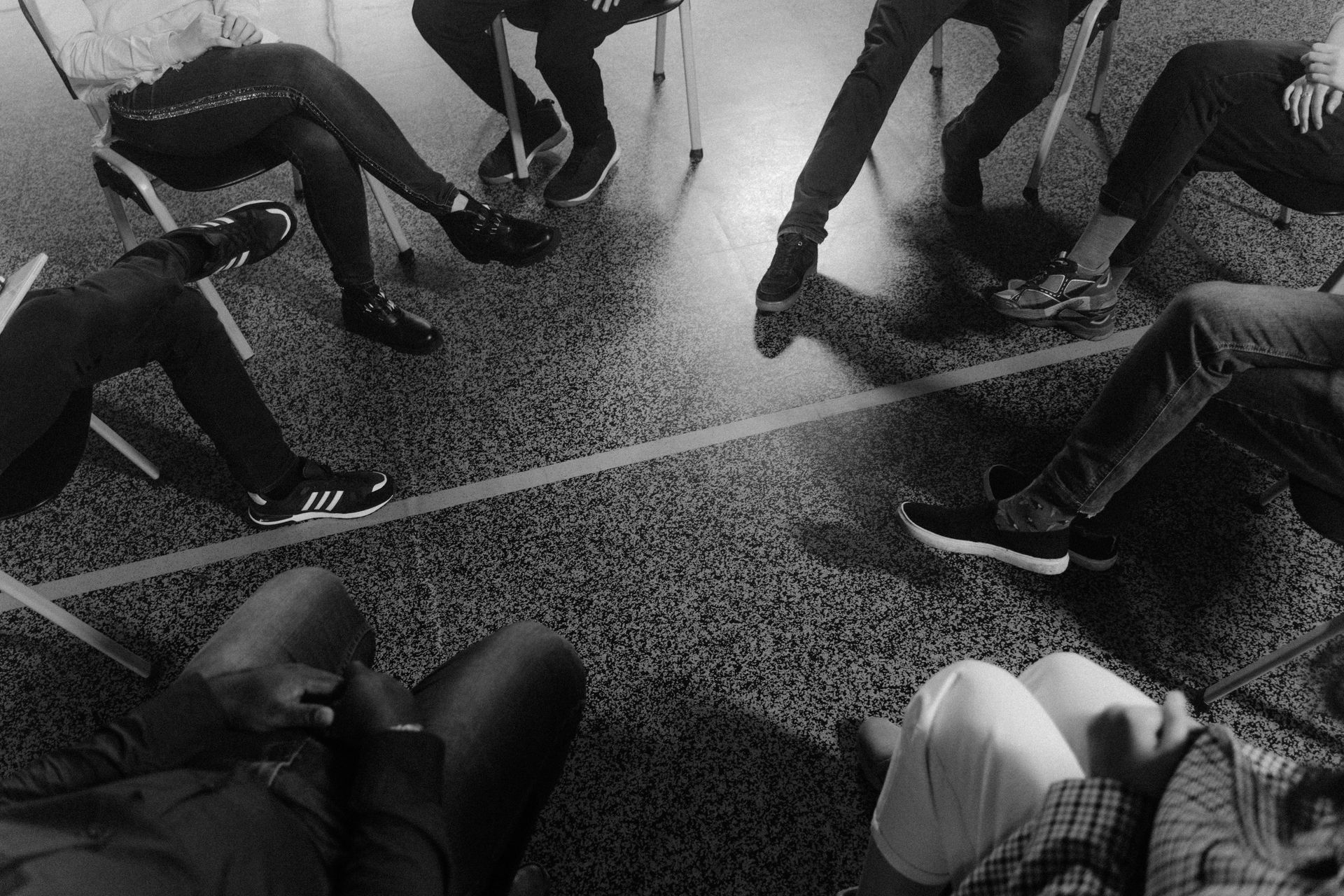Adolescent Substance Abuse: What to Do If Your Child Is Addicted

Adolescent Substance Abuse: What to Do If Your Child Is Addicted
We all love our children and want what’s best for them. This includes ensuring they are healthy. You may be doing everything you can to ensure their safety and happiness—which is commendable. With that said, there are outside influences that may lead to your child using and becoming addicted to a substance.
Once you notice symptoms of Adolescence Substance Abuse (SA), you’ll want to ensure your child gets treatment as soon as possible. The earlier on in their substance use you can get them the help they need, the better.
How Do I Know if My Child Has an Addiction?
You may have noticed some changes with your child—especially once they enter their teenage years. Some of this is normal. You can expect them to be moody and even a little rebellious. There is a stark difference between your teen being argumentative and showing signs of substance abuse, though. Here are a few things to look for if you believe your child may have developed an addiction to a substance:
· Depression
· Inability to focus
· Hostility
· Lower levels of motivation
· Smelling of smoke or other strange odors
· Track marks
· Sickness
· Weight loss
· Lethargy
· Purchasing medication to reduce eye redness
· Poor hygiene
· Bruises, abrasions, and other marks
While some of these things can be normal by themselves (such as low levels of motivation or tiredness from staying up too late), other issues like track marks are immediate signs of substance abuse. A mix of these symptoms may also be indicative.
If you notice the symptoms above or other changes with your child, reach out to Front Door Health. We’ll provide you with more information about adolescent substance abuse and set an appointment to meet with your child and you.
Seeking Professional Treatment
Many parents feel like they can handle substance abuse issues on their own. This is especially the case with things like smoking and vaping. Vaping, in particular, may seem like an easy behavior to stop. This often is not the case. The majority of parents aren’t equipped to tackle substance abuse on their own. Instead, professional help should be considered when treating substance abuse.
Professional substance abuse counselors and physicians have the skills and knowledge required to diagnose addiction and treat it. They are able to communicate with your child in a way that encourages them to change their behaviors and overcome their addiction.
Reach Out to Front Door Health
Front Door Health believes in an in-home treatment approach to addiction. If you believe your child is suffering from addiction to any substance—from heroin to vaping—reach out to Front Door Health. We’ll meet with your child and you to determine if they do have a substance abuse problem and, if they do, we’ll put together a plan of treatment to help your child to overcome their addiction.
We look forward to speaking with you and providing your child with the care they need.
info@frontdoorhealthcenter.com



